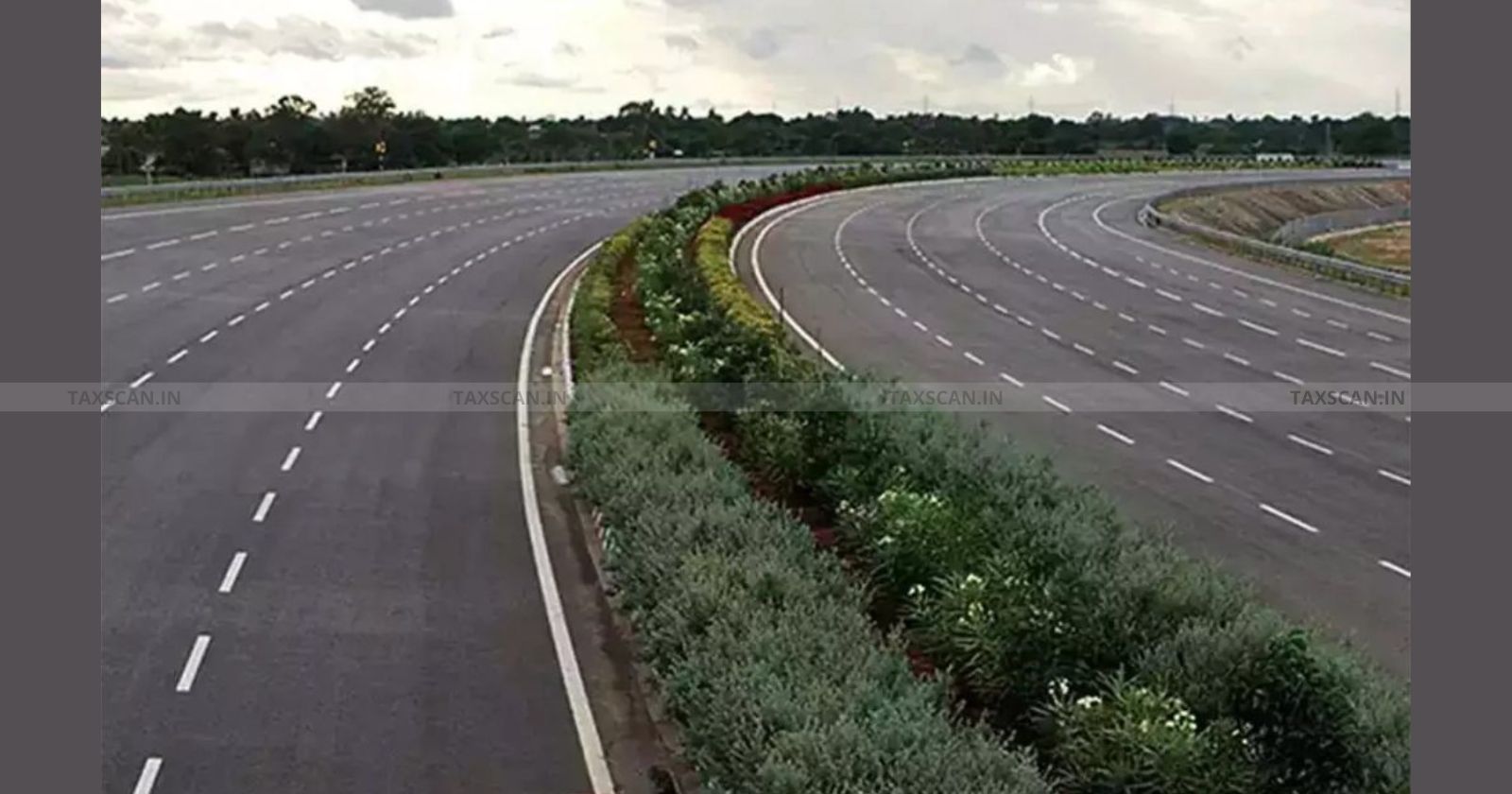PVC Regrind Not Restricted Waste: CESTAT Classifies It as Freely Importable [Read Order]
CESTAT held that PVC Regrind is not plastic waste and is freely importable, setting aside penalties imposed on Akshaya Steels
![PVC Regrind Not Restricted Waste: CESTAT Classifies It as Freely Importable [Read Order] PVC Regrind Not Restricted Waste: CESTAT Classifies It as Freely Importable [Read Order]](https://images.taxscan.in/h-upload/2025/06/25/2054348-pvc-regrind.webp)
The Chennai Bench of the Customs, Excise, and Service Tax Appellate Tribunal (CESTAT) ruled that PVC Regrind is not classifiable as restricted plastic waste or scrap and thus is freely importable under the applicable Foreign Trade Policy.
Standardize Accounting Policies – Specimen Drafts at Your Fingertips! Perfect for internal reference and client consistency - Click here
Akshaya Steels, the appellant, imported consignments declared as PVC Regrind from Malaysia under two Bills of Entry. During inspection, officers of the Special Intelligence and Investigation Branch (SIIB) found that one consignment also contained undeclared poppy seeds concealed behind bags of PVC Regrind. The second consignment contained only PVC Regrind.
 Also Read:No Service Tax Exemption for Roofs Over Mandi Roads: CESTAT Rules Structure Not Meant for General Public Use [Read Order]
Also Read:No Service Tax Exemption for Roofs Over Mandi Roads: CESTAT Rules Structure Not Meant for General Public Use [Read Order]
The department classified the imported PVC Regrind as restricted plastic waste/scrap under Heading 3915 of the ITC (HS) and relied on Public Notice No. 392(PN)/92-97 and Policy Circular No. 20/2002–2007 to claim that such imports were not permitted without specific licenses. The Original Authority confiscated the goods, imposed penalties, and re-determined the value under Rule 5 of the Customs Valuation Rules, 2007.
The appellant's counsel argued that the PVC Regrind was a reprocessed material used in manufacturing and fell under Heading 3904, which allows for free import. They submitted a test report from CIPET confirming that the material was a single thermoplastic substance and not plastic waste or scrap. It further argued that the product was declared accurately in the Bills of Entry, and the classification as waste was incorrect and unsupported by evidence.
The revenue counsel maintained that the goods were visually identified as regrind from used PVC pipes and fell under the restricted category. It explained the requirement of a DGFT license and environmental clearance for such imports.
The two-member bench comprising P. Dinesha (Judicial Member) and M. Ajit Kumar (Technical Member) held that the PVC Regrind was properly declared and that the test report from CIPET confirmed it was not waste or scrap. The tribunal criticized the department for disregarding its own expert report and relying on visual appearance to override scientific analysis. It observed that the goods were not liable to restriction and upheld their classification under Heading 3904 as freely importable.
The tribunal ruled that there was no misdeclaration or violation of the Foreign Trade Policy. Accordingly, the penalties were set aside, and the confiscated PVC Regrind was allowed for home consumption on payment of duty. Only the cost of destruction of the poppy seeds, which the appellant did not dispute, was upheld.
Support our journalism by subscribing to Taxscan premium. Follow us on Telegram for quick updates


